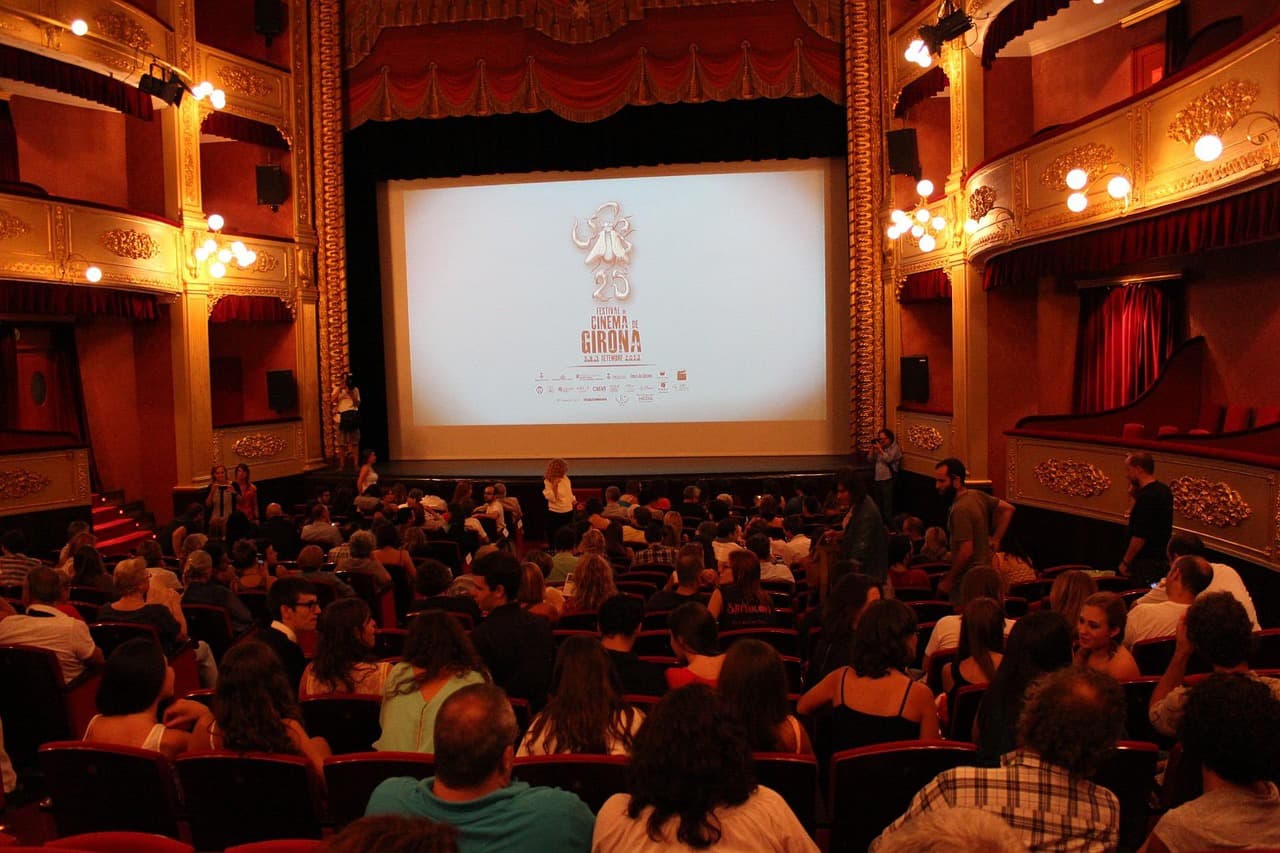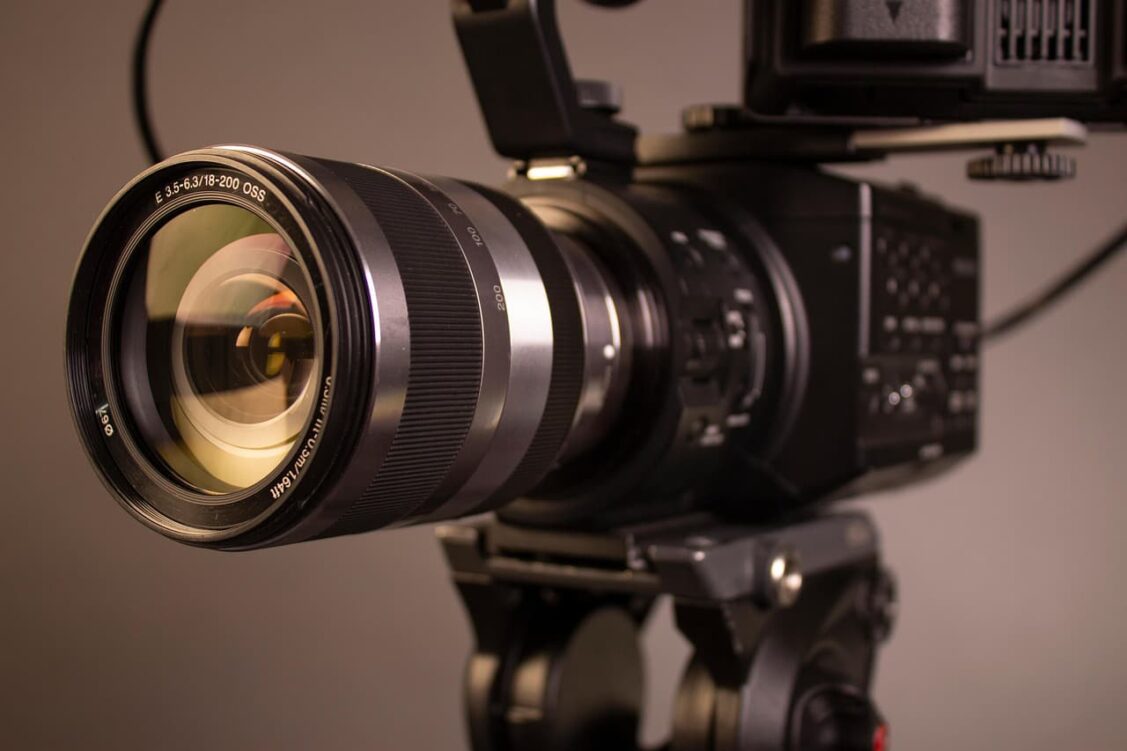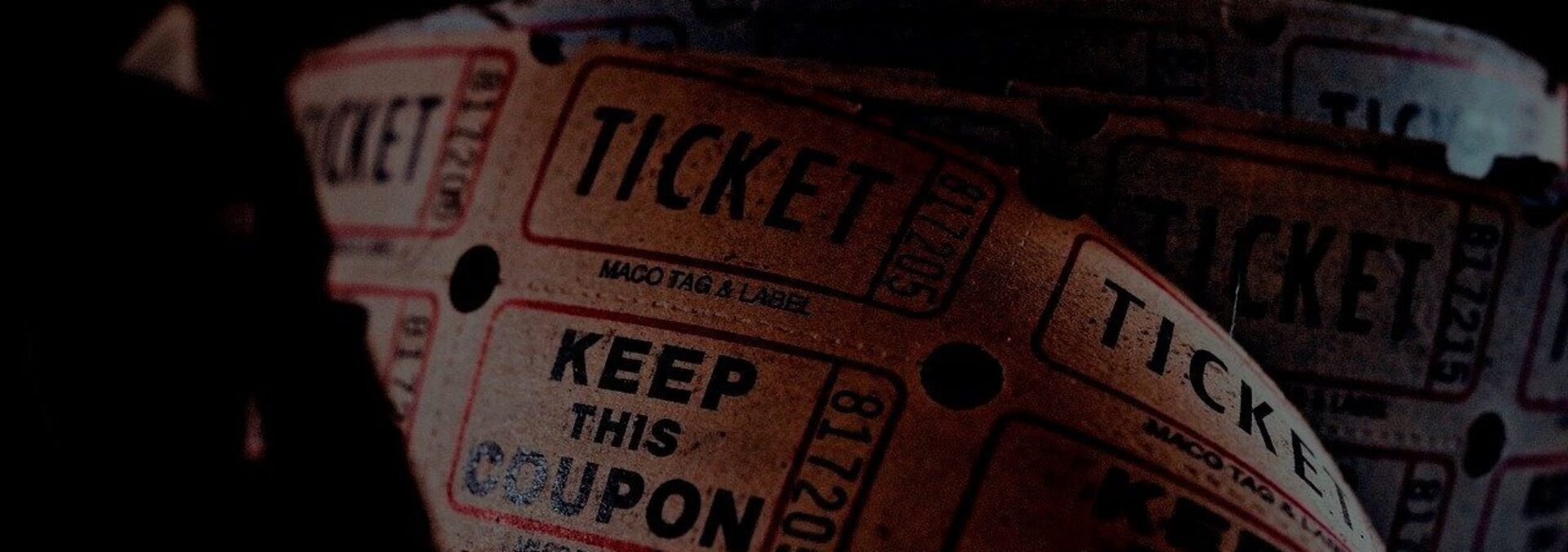
These days, everything feels instant. You tap once, and a movie starts. Tap again, and you’ll be on to the next step. In a world where speed defines consumption, streaming makes films so easy to watch that it’s easy to think film festivals don’t matter anymore.
Why travel, sit in crowded theaters, and stand in lines if the same film might show up online later? It’s a reasonable question, and to be totally honest, a lot of people wonder the same thing. Yet despite that convenience, festivals still matter and maybe more than ever.
They matter because they give you something streaming can’t: presence. In other words, the feeling of actually being somewhere, sharing a one-time moment with others. And to be perfectly clear, that feeling changes how the story lands.
The Power of Showing Up
To understand this difference fully, step into a festival and the energy hits you. Curiosity is in the air. Strangers talk about a director you’ve never heard of. Volunteers hurry by, screens glow everywhere, and someone is always raving about a movie that moved them to tears the night before. Before long, almost without realizing it, you’re part of the buzz too.
Streaming is tidy and quiet; festivals are alive. You can feel cinema’s pulse in those rooms, and because of that vibe, the stories land harder. In many cases, that shared atmosphere transforms perception. A film that feels slow on your couch can become electric when you watch it with people who truly care. And if we’re being honest, that shared feeling sticks with you.
The shared reactions(the laughter, the gasps, the applause) turn a screening into an event you carry with you. For countless filmmakers, that collective emotion becomes a reminder of purpose. That’s why, time after time, so many filmmakers say festivals help them remember why they started making movies in the first place.
Discovery That Algorithms Can’t Fake

Now, when it comes to discovery, streaming and festivals could not be more different. Look, recommendations can point you to more of what you already like. But at the end of the day, they can’t surprise you with the unknown. Festivals can, and that’s the key.
For instance, by pure chance, you might duck into a tiny theater to escape the rain and stumble on a film that reshapes how you see the world. Maybe it’s a short by a new voice from Korea, or a quiet, lyrical piece from Poland. The point is you didn’t plan it; you found it. And in that spontaneous encounter, you remember what real discovery feels like.
At festivals, people treat stories like they matter. They trade ideas in hallways, gush over favorites, and argue in cafes until midnight. Unlike passive streaming, this level of engagement turns spectators into participants. Instead of mindlessly scrolling, you’re actually taking part. And to put it another way, you feel invited into the conversation.
Algorithms don’t understand surprise, and they don’t value context. Because of that limitation, they can’t recreate the messy, human spark that discovery requires.
A Launchpad for New Voices
Beyond discovery, festivals also serve as bridges. Here’s why this matters: every year, many films never reach streaming. Some are too daring, too unusual, or too rooted in a specific place for big platforms. Yet those films still have audiences, and festivals connect them. And truth be told, that connection can change careers.
Just take a moment to recall how many classics began in small festival rooms: Moonlight, Slumdog Millionaire, Parasite, Whiplash. Their global journeys were fueled by festivals that believed in them early. And without that early faith, many of these stories might never have found their audiences.
Because of that, festivals are testing grounds for cinema’s future. Producers scout talent there. Critics publish first takes. Streamers quietly look for the next breakout. In this way, each event becomes part of a larger creative ecosystem. And sooner or later, that buzz turns into real deals.
They are a Safe Haven for Risk
And finally, perhaps most importantly, festivals keep artistic risk alive. If you’ve noticed, streaming hits often follow patterns. Many shows and films feel familiar, designed to appeal to everyone. That’s how algorithms work: they reward what’s known. To be fair, that can be comforting, but it can also be limiting.
But art grows through risk. Innovation happens when creators try what doesn’t fit. And in this creative ecosystem, festivals remain the rare place where that can happen openly. And frankly, that freedom is priceless.
